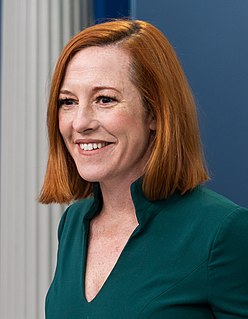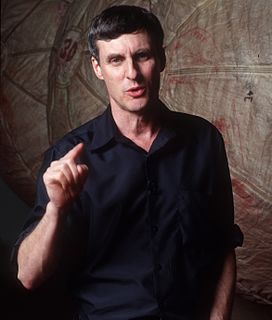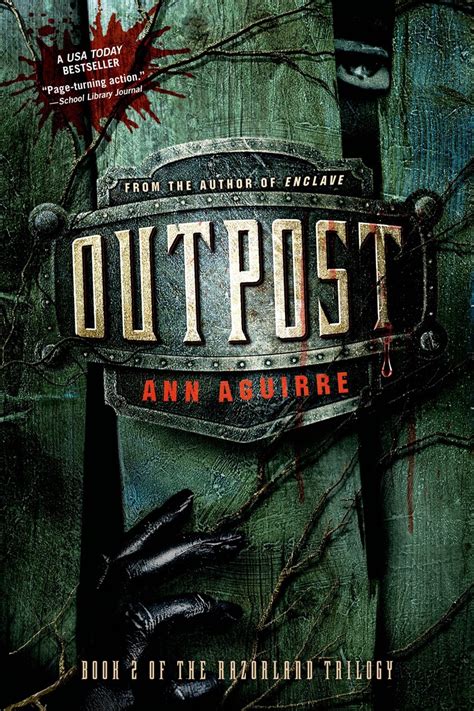A Quote by Paul Watson
If you don't know an answer, a fact, a statistic - make it up on the spot.
Related Quotes
When a child asks you something, answer him, for goodness’ sake. But don’t make a production of it. Children are children, but they can spot an evasion quicker than adults, and evasion simply muddles ‘em. No... you had the right answer this afternoon, but the wrong reasons. Bad language is a stage all children go through, and it dies with time when they learn they’re not attracting attention with it. Hotheadedness isn’t.
The correct answer is the University Titans, the West Valley Eagles, the Central Valley Bears, the East Valley Knights, the Riverside Rams. The fact you don't even know an answer to the question like [naming all the Spokane Valley High School Mascots] means you don't even know the district. How can you represent the district if you don't even know it?






































